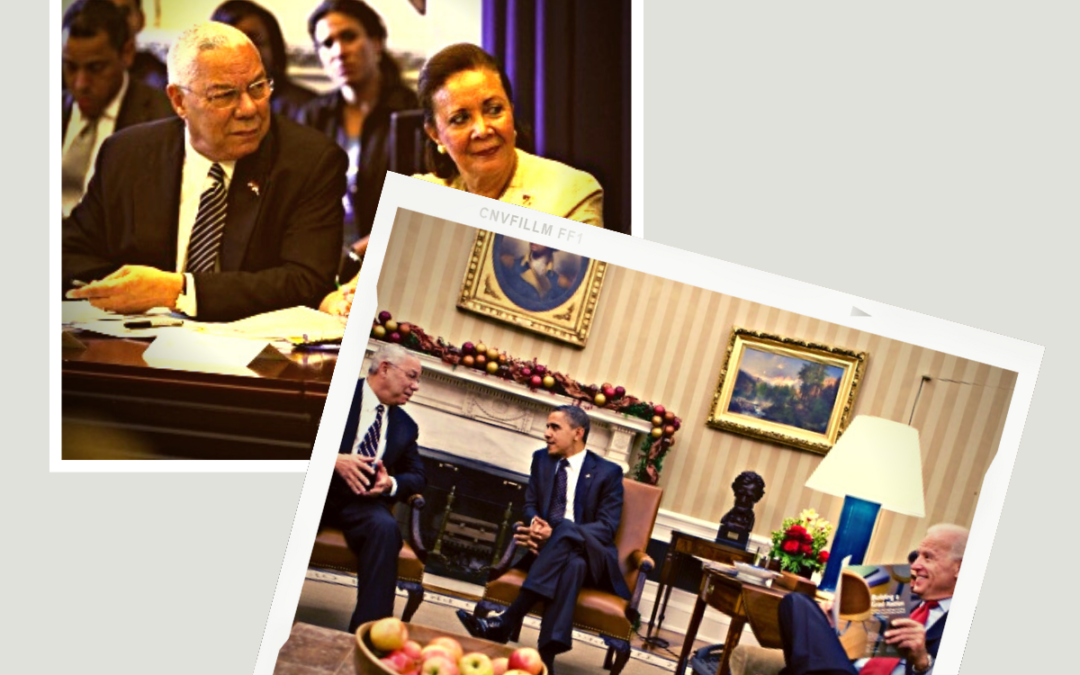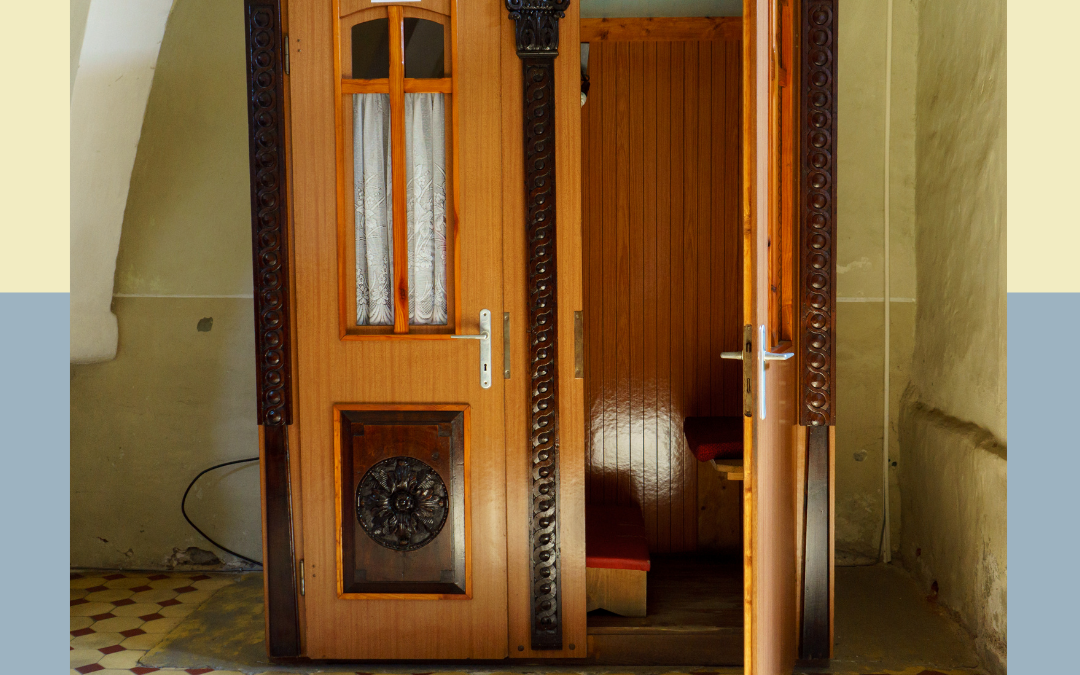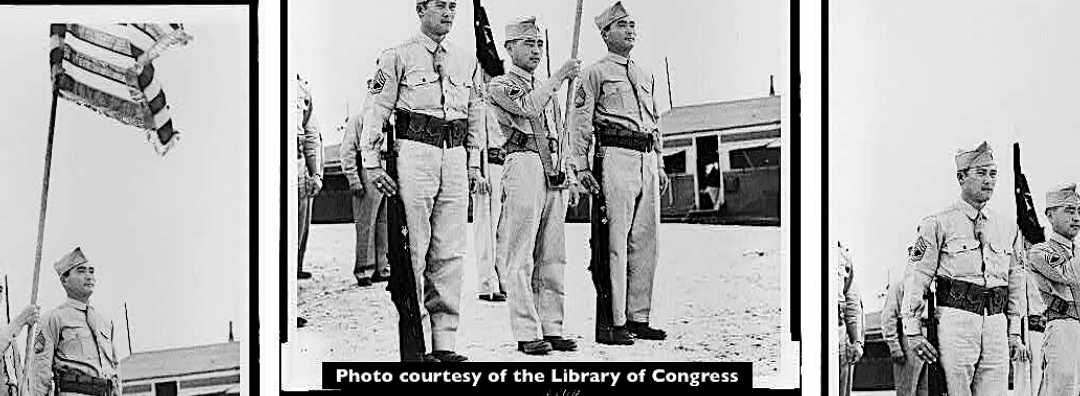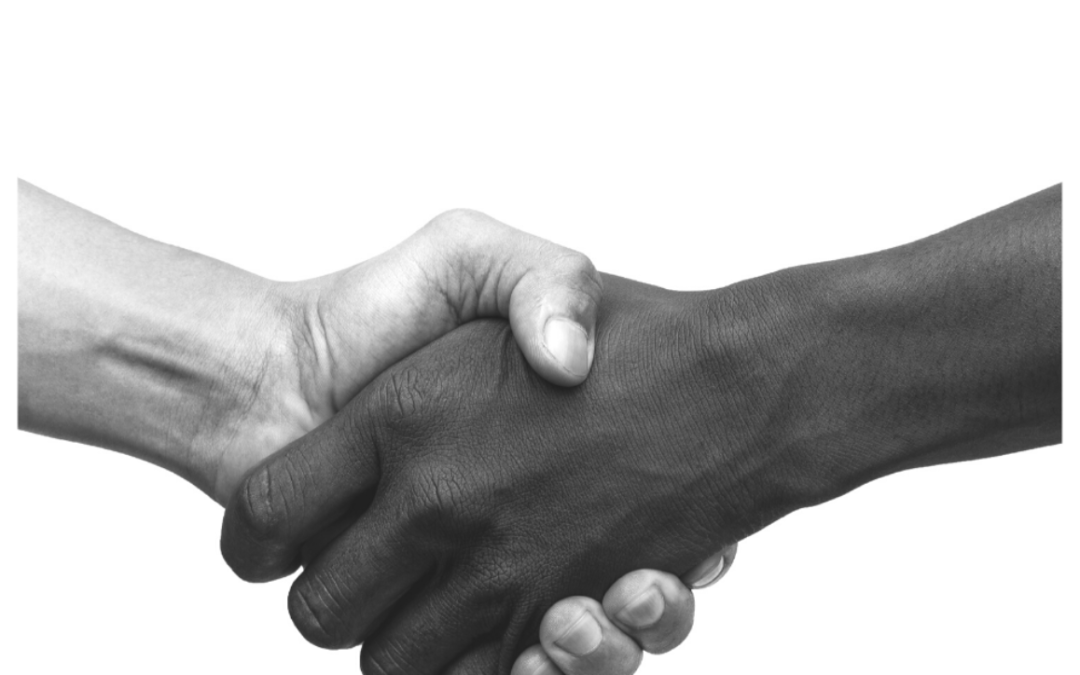
Empathetic Leadership
Yesterday one of the most noteworthy leaders of our time died. After speaking to a friend who had known Secretary Powell, I grabbed his 1996 autobiography, My American Journey, and started re-reading sections.
I had first read it when it came out. Like many Americans, I was curious to understand what experiences had formed this man that most of us knew from the TV briefings he gave as Chairman of the Joint Chiefs of Staff, when he communicated with ease and subtle authority.
Twenty-five years ago, all of us were lacking the vocabulary that we have today regarding Diversity, Equity, and Inclusion, let alone the insights. At best, organizations thought it was a good thing, and something that they “should” do. But overall, I think there was a sense that it would cost extra, and where was the ROI?
What struck me about Powell’s autobiography then, and again last night, was that he benefitted from a unique upbringing that alone prepared him for his future. Very few of his generation (or today’s) were exposed to such a diverse neighborhood, let alone born into it. He was a child of immigrants, which immediately gives most people a comfort in two cultures, if not two languages. His parents ended up backing two different political parties, which makes you grow up listening to different points of view. Many know the story of how Colin Powell picked up Yiddish working for a Jewish family. But this young man who was raised a very High Church Episcopalian, and served as an acolyte, was also comfortable in a synagogue, earning pocket money by turning off the lights when services were over on Friday night.
I have been asked when I first felt a sense of racial identity, when I first understood that I belonged to a minority. In those early years, I had no such sense, because on Banana Kelly there was no majority. Everybody was either a Jew, an Italian, a Pole, a Greek, a Puerto Rican, or as we said in those days, a Negro.
Several years ago, I heard a CEO discussing the importance of diversity on college campuses. He wasn’t making the pitch for the good of the potential scholarship students who might come from more diverse backgrounds, he was making the business case for the more affluent students who had not been exposed to much, if any, diversity growing up. He asked the room how these students were going to compete in Corporate America if they didn’t know people different from themselves? If they couldn’t relate and communicate with people who had different life experiences?
Especially today, as the working world is struggling to return to some sense of normalcy, the key leadership quality is empathy. Empathy can only come when you have shared someone’s experiences. The more experiences you have with those different from yourself, the more likely it is that you can empathize with a greater number of people, and thereby lead a greater number of people.





